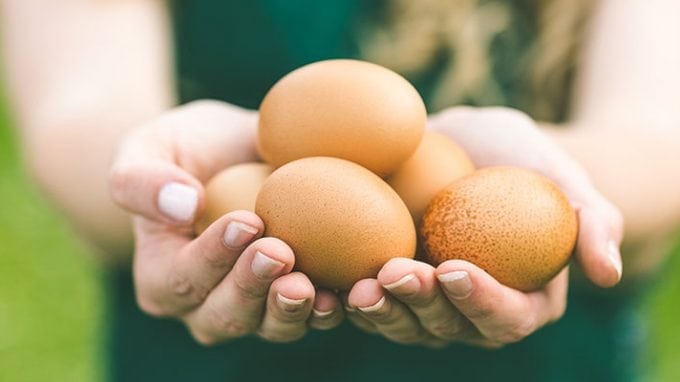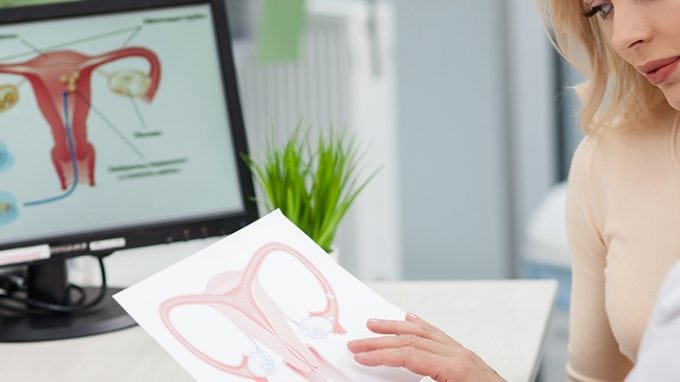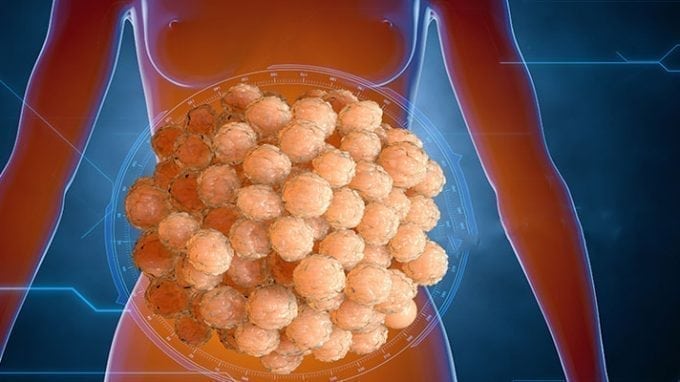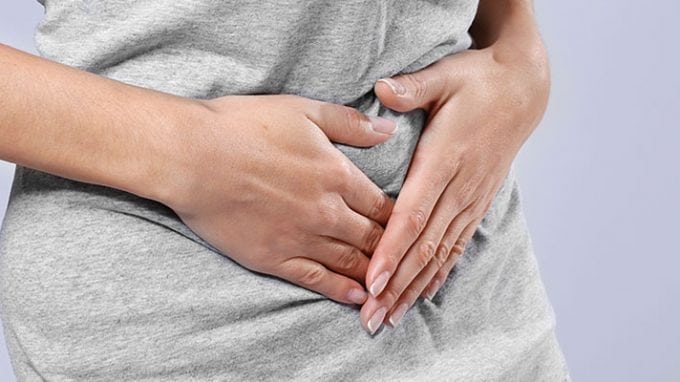For women struggling with fertility or wishing to improve chances of conceiving, 90 days of healthy habits improve egg health. For women who are struggling with fertility or simply want to improve ...
Improving Egg Health: A 90-Day Process


For women struggling with fertility or wishing to improve chances of conceiving, 90 days of healthy habits improve egg health. For women who are struggling with fertility or simply want to improve ...

Chemotherapy can destroy fertility. Recently, however, Danish scientists have developed a method to reintroduce ovarian tissue without reintroducing cancer cells. The method includes stripping out ...

The health of a woman's vaginal biome may impact her fertility levels, in addition to her ability to become pregnant. This brief blog will discuss what the vaginal biome is, how it can influence is...

It’s well known that female fertility decreases with age. Starting at age 30, female reproductive potential gradually decreases. In addition, there is an increased risk of miscarriage or giving birt...

It may sound odd, but a tilted uterus is a condition where the womb slants backwards instead of forwards. While some women may experience some discomfort during sex as a result, in most cases it can g...

For years, melatonin has been a large proponent in sleep and circadian rhythm studies, however, research has also found that melatonin can also play a role on your fertility. Melatonin’s role on inc...

When it comes to women’s fertility health a variety of factors can elicit concern. Women with ovarian cysts may wonder how these cysts might affect their chances of having a baby and their connectio...

A potentially serious disease known as endometriosis can impact a woman’s reproductive organs and ultimately lead to fertility problems. While normal fertility-hindering effects occur due to physica...
Subscribe to our free newsletter on the topics Fertility Health, Fertility Supplements, and Reproductive Sciences.